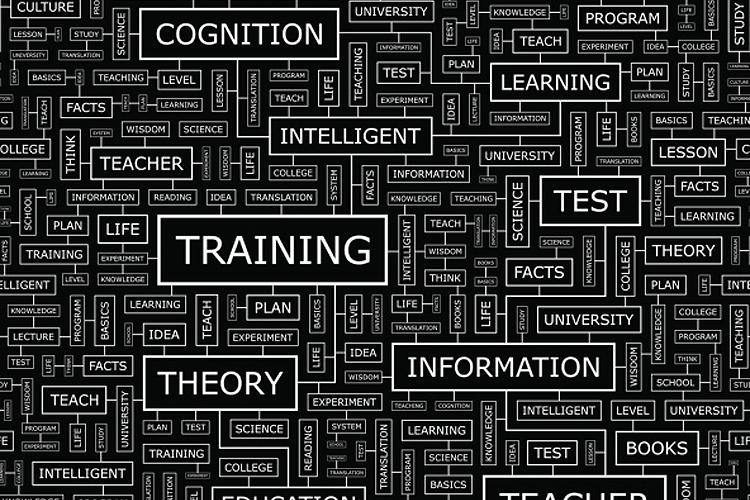Personal development is the process of developing skills and knowledge in order to fulfil your personal potential. Personal development is not necessarily job-related, and may include learning activities outside of the workplace, with aims of improving health, social interaction and purely for fun.
Career development is the process of focusing learning activities (including work experience) towards preferred career outcomes. Career development may also include development of career competencies.
Professional development combines personal development with career development. Professional development is the process of developing yourself with a focus on career advancement. It is usually related to your current function or discipline in your current organisation. It is typically integrated with human resources activities such as performance appraisal, and as such has a strong focus on review.
Motivations for professional development may include:
- Developing in your current job
- Preparing for promotion
- Changing your career direction
Established approaches to professional development include technical assistance (through provision of resources), communities of practice (groups with common interests who learn from each other), and reflective learning processes such as coaching and mentoring.
Reflective learning processes help you gain insight into your development by examining your development experiences. Reflective learning helps you to accept responsibility for your own development, link development activities to their benefits, and value your learning experiences. Coaching and mentoring can help to facilitate reflective learning. Reflection and review can form an important and integral part of your professional development plan.
Development plan
Professional development activities are usually based on a development plan. A development plan is typically agreed by a member of staff and their line manager as part of that member of staff's performance appraisal. The performance appraisal cycle is usually annual, with a review held at the end of each cycle, plus one or more in-year review(s). At least some of an individual's development goals will support their team, department, or organisation's objectives. However, it is essential that the individual has ownership of their own development plan.
A professional development plan (PDP) can also be known as a career development plan, self-development plan, or individual development plan (IDP).
Professional development planning should involve:
- An audit of your current strengths and skills
- Clarification of your personal workplace objectives
- Analysis of your workplace training needs
- Identification of your short and long-term personal and career aspirations
- An endorsed action plan, including budgeted and prioritised SMART (specific, measurable, attainable, realistic, timely) development activities
- Regular review, re-evaluation and reflection
Professional development activities may include:
- Informal or on-the-job training
- Self-directed learning
- Online study
- Seminars or workshops
- Short courses
- Long courses
- Study towards a formal qualification
- Networking events
For more information on networking listen to Prospect’s free podcasts on Networking.
Support for professional development
There are many people who might support your professional development, including:
- Your line manager or supervisor
- Your local Union Learning Representative (ULR)
- A career coach, career counsellor, or life coach (some organisations offer a coaching programme)
- Your mentor (some organisations offer a mentor programme)
- Trusted colleagues
- A careers advisor or careers service
- Family and friends
For more information and assistance on professional development listen to Prospect’s free podcasts on Evaluating Your Career Options.



